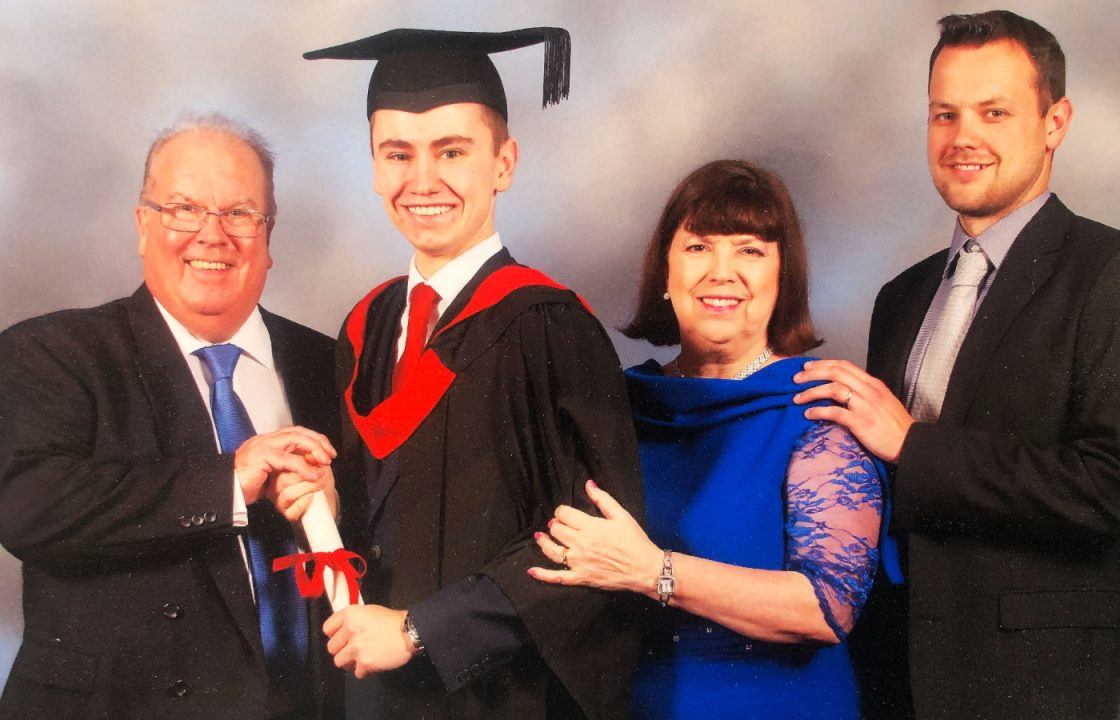A grieving mum has collected the last of her son’s tissue samples after the NHS apologised for being unaware it still possessed them.
Ann Stark went to the Queen Elizabeth University Hospital in Glasgow on Friday where she was given a small box containing part of Richard Stark’s spleen.
The 25-year-old, from Bothwell in South Lanarkshire, died suddenly at home on June 7, 2019.
“I just feel I’ve lost trust completely,” Ms Stark said.
“Richard has been let down since day one.
“I got it in a letter, all underlined, that I had all the parts and then we discover that Richard’s spleen is still here in the hospital, frozen for future storage.
 Stark family
Stark family“That is part of my son. To The Royal College of Pathologists and to pathologists, this is a piece of material.”
Ms Stark felt “unable to protect her son” when she discovered a full autopsy had taken place without her knowledge.
Ms Stark, who is petitioning the Scottish Parliament, said this trauma was then compounded after it took her 11 months to secure the return of tissue samples which had been removed during the invasive examination.
At the end of November, she was told by NHS Greater Glasgow and Clyde that an investigation had found another sample.
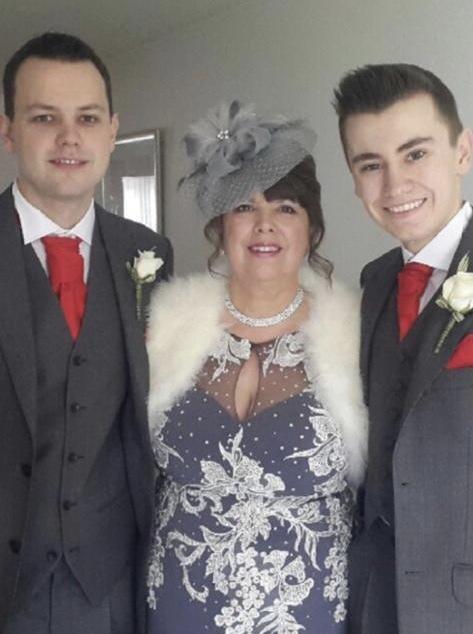 Stark family
Stark familyAn accountant from Bothwell, Richard was full of plans for his future. His parents said he first showed signs of having a seizure in February 2019 and attended hospital, but was never sent for further checks.
When he was found dead in his bed, his mum said she told the attending police officers she wanted a “view and grant” post-mortem – which is an external look around the body – not a full invasive examination.
Three weeks later, she was “horrified” when she heard from the pathologist that a full post-mortem had taken place, including the removal of Richard’s brain, throat and tongue.
“This is actually part of my child,” Ms Stark told STV News.
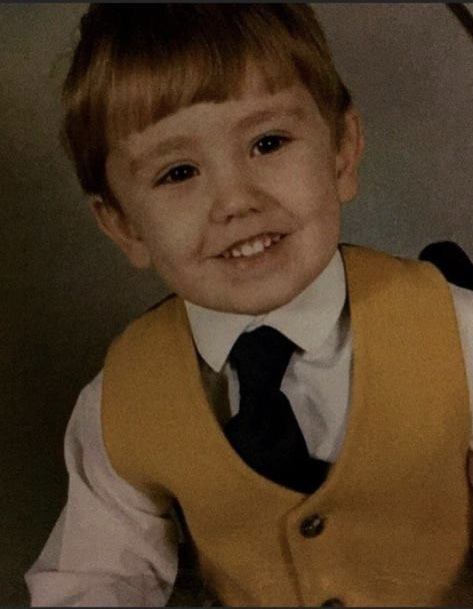 Stark family
Stark family“It’s part of us. It’s coated in wax, it’s like a candle and that will go into the casket with Richard.
“I feel then, with all these samples that are going into the casket, he’s whole again.”
Gerard, Richard’s father, said: “We are treated with such disdain by all of these organisations. Somebody at least should be saying, ‘sorry, we got it wrong. We will change this. It wouldn’t ever happen again’.”
Richard’s parents want to bring about change in the law in his name allowing for an opt-out system for all post-mortems.
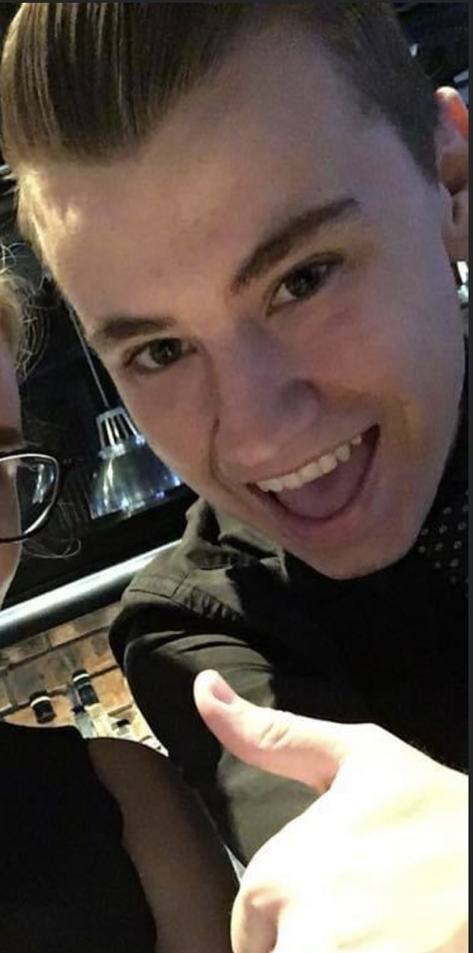 Stark family
Stark familyThey would also like to see CT scanners used to avoid invasive procedures.
In Scotland, CT scans or MRI scans are used in limited situations alongside an invasive autopsy.
Radiologists leading a pilot of this technique in Edinburgh believe every case needs to be considered individually and CT scanning can never completely replace an autopsy in all cases and would never replace an autopsy in suspicious deaths.
The Royal college of pathologists has published guidelines on the use of CT scanners.
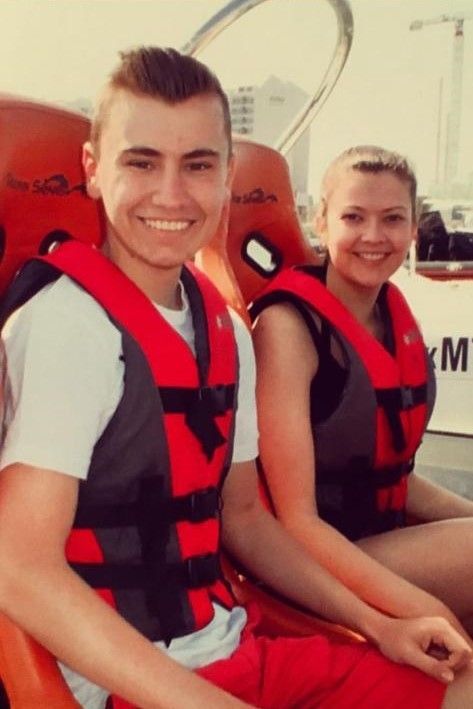 Stark family
Stark familyProfessor Mike Osborn, president of The Royal College of Pathologists, previously told STV News: “It is central to our practice as pathologists that the body of those who have died is treated with respect and dignity.
“The College recognises post-mortem cross-sectional imaging has a place in death investigation. While this may be very useful in some circumstances, there are limitations. There are a number of causes of death that cannot be reliably diagnosed using post-mortem cross-sectional imaging alone.”
The Crown Office and Procurator Fiscal Service is responsible for the investigation of all sudden, suspicious, accidental and unexplained deaths in Scotland.
In a statement, the COPFS said: “We understand the deep distress and anguish that the family are suffering. Post-Mortems are an essential step in investigating some deaths and we appreciate that can be difficult for people who have lost a loved one.
“COPFS sought to assist Mrs Stark and obtained and passed on information from pathology service providers.
“It is regrettable that the information was inaccurate, and we regret the additional distress that this has caused to Mrs Stark and her family.
“We will continue to try and help with any matters the family wish to raise.”
Follow STV News on WhatsApp
Scan the QR code on your mobile device for all the latest news from around the country


